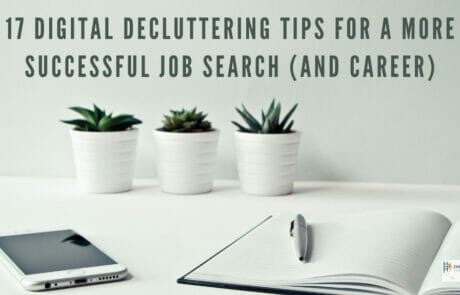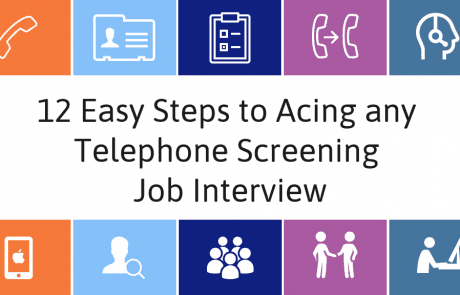
If you do not yet see the value of job search and career networking, this article is not for you. If you do not like job search and career networking, that is poor excuse for avoiding the key to your future career success. Developing, strengthening, and sustaining professional network relationships is at the center of your growth – or not.
You are not the only one.
You are not the only one who does not like “working” people you meet or know. But, if you need more excuses, here are 14 more:
- I don’t get anything out of it. You get back whatever you put in. The stronger the relationships you build, the more likely you will find something works for you.
- I only walked away with all these business cards. The only cards that matter are those you turn into calls and contacts. Study, sort, and enter them into your smart phone along with notes about how you met and what you learned about and from the individual.
- I’m no good with names. Listen to names when you are introduced, and remember the name used. Consciously repeat that name until you are comfortable with it in your head, and use it several times while conversing.
- I’m not comfortable around women/men. Either way, you are cutting yourself off from half your sources. People do not attend networking events to make dates or meet their dates. You would be better advised to lean into and get as much as you can out of conversations.
- I wasn’t ready. Before you attend a meeting, enter a room, or join a conference, you need to study what you can about the purpose of the event, attendees, or industry segment. Come up with three questions or conversation starters for those awkward silences.
- I don’t know how to behave at these meetings. You can start by minding your manners: listen when spoken to, shake hands firmly, listen more and talk less, smile and maintain eye contact, avoid finger foods, and nurse your drink.
- I don’t make lasting impressions. You should end conversations with a smile and handshake. Remark how you enjoyed the conversation and look forward to following up on it. When convenient, make notes on the conversation and where you left it.
- I work better on my computer. Email and social media will help locate, sort, and prioritize leads. But, people hire people, and you need to get in front of them. Lunch, coffee, and golf are better opportunities.
- I feel awkward. You will feel awkward if you are wait for things to happen. You manage the event by being proactive and starting conversations. They are not just about you, so show an interest in others, making them special and interesting. Ask what they are doing, about their current project, or why they entered the field.
- I’m not a good listener. Practice active listening skills: eye contact, summarizing, and reiterating. Listening gives you information that strengthens or minimizes your interest.
- I will say something stupid. Conversations and questions focused on topic and people should be safe. People are not there to judge you, but you want to avoid jokes, politics, and other edgy or controversial issues.
- I feel like a wallflower. Networking is a mixer, not a high school dance. Avoid hanging at the bar or around the food table; move about the floor entering and exiting conversations. Without a goal in mind – meeting three new people, securing two appointments, scheduling two phone calls, and so on, you will not know when it is time to go.
- I don’t have anything to say. If you do not have something to say, perhaps professional networking is not for you. You need a personal commercial or elevator pitch, a brief to-the-point summary that answers the prompt, “Tell me something about yourself.”
- I never know what to say. A pitch lasts about 30 seconds and covers who you are, what you do, and how your skills match a buyer’s market. It is not a verbal resume, but it rearranges your resume to the needs in front of you.
You are not just using people.
Understanding that professional job search networking is not a form of using people is one way to establish contacts that you can convert into business relationships. Networking is always a work-in-progress, so you are not at any particular disadvantage. It builds honest and sincere relationships.
Professional career networking develops personal relationships of benefit to you – and the other party. Long term relationships take time and focus. But, because relationships build additional ones, the effort remains central.









